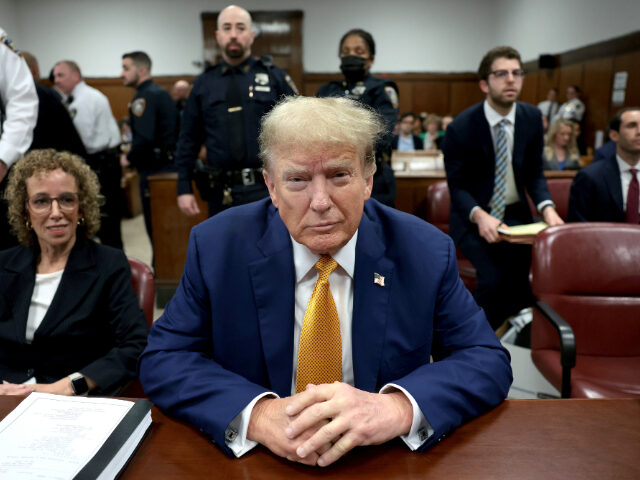There Is No ‘Get Out of Jail Free’ Card for the President
by John W. Whitehead, Rutherford Institute:
 “When the President does it, that means that it is not illegal.“—Richard Nixon
“When the President does it, that means that it is not illegal.“—Richard Nixon
Someone needs to alert Donald Trump: there is no “Get Out of Jail Free” card just for being president.
According to Trump’s Twitter feed, he believes that he has an absolute right to pardon himself of any crimes for which he might be charged while serving in office.
He’s not alone in this imperial belief.
Two of Trump’s lawyers have attempted to float the idea that “the president’s powers are so broad as to make it impossible for him to have obstructed justice.”
Rudy Giuliani, another of Trump’s enablers, insists that Trump could even get away with shooting the FBI director in the Oval Office and not be prosecuted for murder. “In no case can he be subpoenaed or indicted,” Giuliani argued, claiming a president’s constitutional powers are that broad.
It’s a losing argument.
Back in 1974, four days before Richard Nixon resigned, the Department of Justice concluded, “Under the fundamental rule that no one may be a judge in his own case, the president cannot pardon himself.”
To suggest otherwise, to empower the President to chart his own course and establish his own rules, not bound by the legislative or judicial branches of the government, is to effectively place him “above the law.”
In operating above the law, the president thus becomes a law unto himself—a dictator, an imperial overlord, a king.
Yet the United States government—a constitutional republic—is predicated on the notion that the law is supreme, and that no person, no matter how high-ranking, is able to flout it.
In other words, in America, the law is king.
That is the ideal that Thomas Paine put forth in his revolutionary treatise Common Sense. As Paine observed, “But where, say some, is the king of America? … The world may know, that so far as we approve of monarchy, that in America the law is king. For as in absolute governments the King is law, so in free countries the law ought to be king; and there ought to be no other.”
When we refer to the “rule of law,” that’s constitutional shorthand for the idea that everyone is treated the same under the law, everyone is held equally accountable to abiding by the law, and no one is given a free pass based on their politics, their connections, their wealth, their status or any other bright line test used to confer special treatment on the elite.
When the government and its agents no longer respect the rule of law—the Constitution—or believe that it applies to them, then the very contract on which this relationship is based becomes invalid.
Isn’t that what the American Revolution was all about?
Long before the DOJ issued its 1974 memorandum, which soundly refutes Trump’s claims to legal immunity, America’s founders issued their own proclamation—the Declaration of Independence—denouncing the tyrannical dictates of an imperial ruler.
Unfortunately, we’ve been backsliding ever since.
Although the Constitution requires a separation of powers between the executive, legislative and judicial branches of government in order to ensure accountability so that no one government agency becomes all-powerful, the office of the president of the United States has, for all intents and purposes, become a unilateral power unto itself.
Each successive president over the past 30 years has, through the negligence of Congress and the courts, expanded the reach and power of the presidency by adding to his office’s list of extraordinary orders, directives and special privileges.


